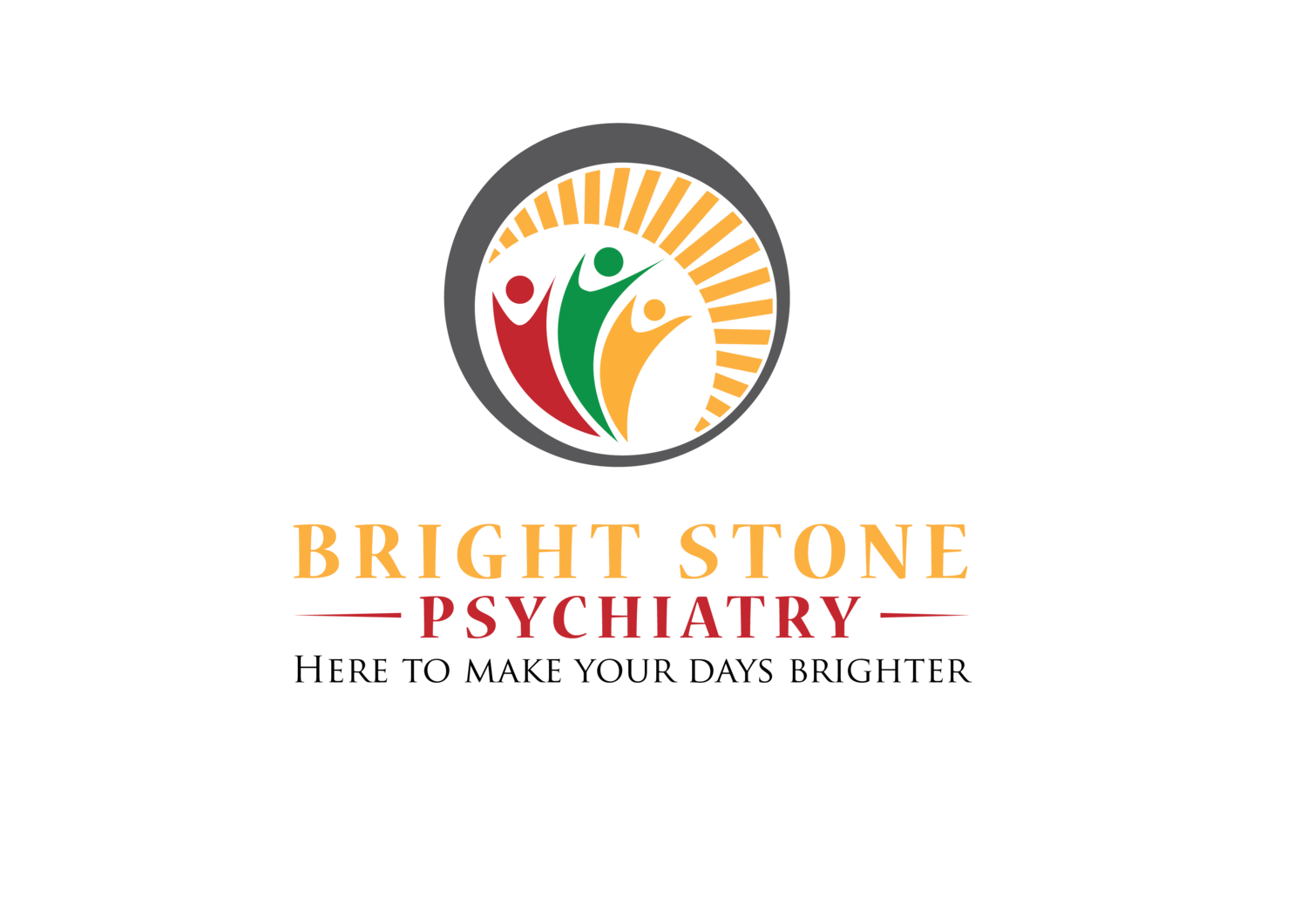Understanding the Importance of Mental Health Care
Breaking the Stigma: Understanding the Importance of Mental Health Care
In today’s society, we are more aware of the importance of mental health than ever before, yet the stigma surrounding mental health issues still persists. This stigma often prevents people from seeking the support and treatment they need, leaving many to struggle alone. At Brightstone Psychiatry, we are committed to helping break down these barriers and provide a safe, compassionate environment where individuals can feel comfortable seeking help.
Understanding the Importance of Mental Health Care
Why Does Mental Health Stigma Persist?
Mental health stigma is complex and deeply rooted in societal attitudes. Despite advances in understanding mental health, outdated misconceptions about mental illness remain. Many people still view mental health struggles as a sign of weakness or a personal failing, which can lead to judgment and isolation. This stigma is often fueled by the following factors:
Lack of Education: Many people simply don’t understand what mental health conditions are or how they affect individuals. Mental health disorders are often invisible, making it easy to dismiss or misunderstand symptoms.
Stereotypes and Misrepresentation: The portrayal of mental illness in media often focuses on extremes, painting an unrealistic and sometimes frightening picture. These representations can lead to fears and misconceptions, reinforcing the idea that mental health struggles are abnormal.
Fear of Judgment: People often worry about how others will react if they seek help for their mental health. They may fear being labeled as "unstable," "weak," or "incapable," which can discourage them from reaching out.
The Impact of Stigma on Seeking Help
Stigma not only affects how people view mental health but also impacts their willingness to seek help. When individuals feel ashamed or fear judgment, they may avoid treatment altogether, leading to prolonged struggles. Some common consequences include:
Increased Isolation: Many individuals feel they need to hide their mental health struggles, leading them to withdraw from social situations and supportive networks.
Untreated Symptoms: When people avoid seeking help due to stigma, their symptoms can worsen over time, impacting relationships, work, and overall quality of life.
Delayed Recovery: Seeking help is often the first step in managing mental health effectively. Stigma can delay this process, prolonging the journey to recovery.
Why Reducing Stigma is Crucial
Addressing and reducing stigma is essential for building a healthier, more supportive society. When we normalize mental health care, we empower individuals to take charge of their well-being without fear or shame. Here are a few reasons why reducing stigma is crucial:
Encourages Treatment: When people feel safe and supported, they are more likely to seek help. Reducing stigma can increase the number of individuals who seek treatment, leading to better mental health outcomes across the board.
Promotes Understanding and Empathy: When we reduce stigma, we create a culture of empathy and understanding. This encourages open conversations about mental health, fostering compassion and reducing the feeling of isolation for those who are struggling.
Improves Overall Well-being: Mental health impacts every aspect of life. By normalizing mental health care, we contribute to improved overall well-being for individuals and communities.
How Brightstone Psychiatry is Breaking the Stigma
At Brightstone Psychiatry, we believe that everyone deserves access to mental health care without fear of judgment. We work to create an environment that is safe, welcoming, and empowering for our clients. Here’s how we are actively working to reduce stigma and support our clients on their mental health journeys:
A Judgment-Free Space: Brightstone Psychiatry offers a space where individuals can talk openly about their mental health without fear of judgment. We encourage honesty and vulnerability, knowing that these are essential steps toward healing.
Education and Awareness: We prioritize educating our clients and the community about mental health conditions and treatments. By providing clear, compassionate information, we help individuals understand that mental health struggles are common and manageable with the right support.
Personalized Care: Every client is unique, and so is their mental health journey. At Brightstone Psychiatry, we tailor our approach to meet the individual needs of each client, ensuring they feel seen, understood, and valued. Our team works collaboratively with clients to develop treatment plans that align with their goals, values, and lifestyle.
Community and Support: We believe that no one should face mental health challenges alone. Brightstone Psychiatry fosters a sense of community, offering support that extends beyond the therapy room. From group therapy options to resources and workshops, we aim to build a network of support for each client.
How You Can Help Break the Stigma
Breaking the stigma around mental health requires collective effort. Here are a few ways you can help:
Talk Openly About Mental Health: Share your experiences, ask questions, and talk openly about mental health. Normalizing these conversations helps to reduce stigma.
Educate Yourself and Others: Learn about mental health conditions and treatments to combat stereotypes and misinformation. Sharing knowledge can help others gain a better understanding and reduce fear.
Support Those Around You: Offer a listening ear and encourage those who may be struggling to seek help. Sometimes, knowing someone cares can make all the difference.
Reach Out to Brightstone Psychiatry
If you or someone you know is facing mental health challenges, remember that help is available. At Brightstone Psychiatry, we are committed to providing compassionate, comprehensive mental health care that empowers our clients to thrive. Together, we can create a world where mental health care is accessible, accepted, and free of judgment.
Contact us today at Hello@BrightStonePsychiatry.com or visit our website at brightstonepsychiatry.com to learn more about how we can support you on your mental health journey.
Remember: Seeking help is a sign of strength, not weakness. Together, let’s break the stigma surrounding mental health.

